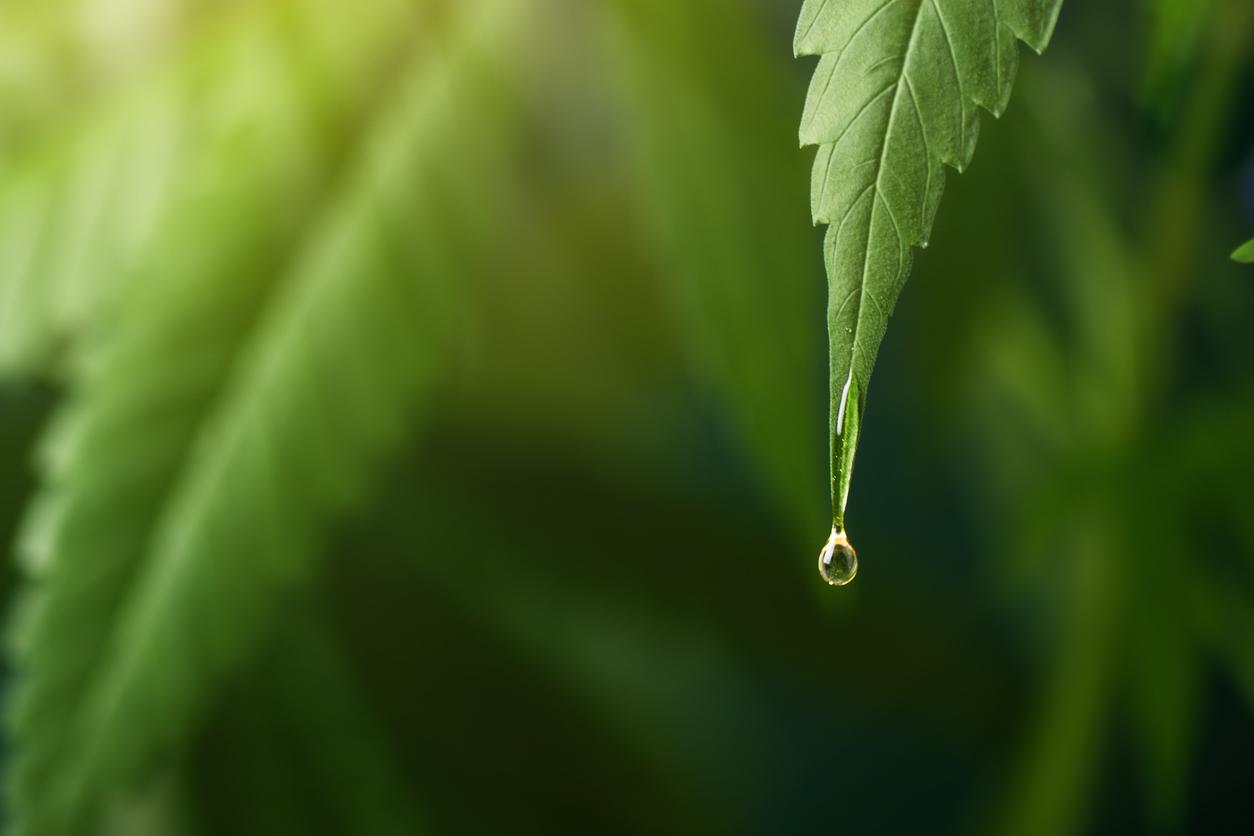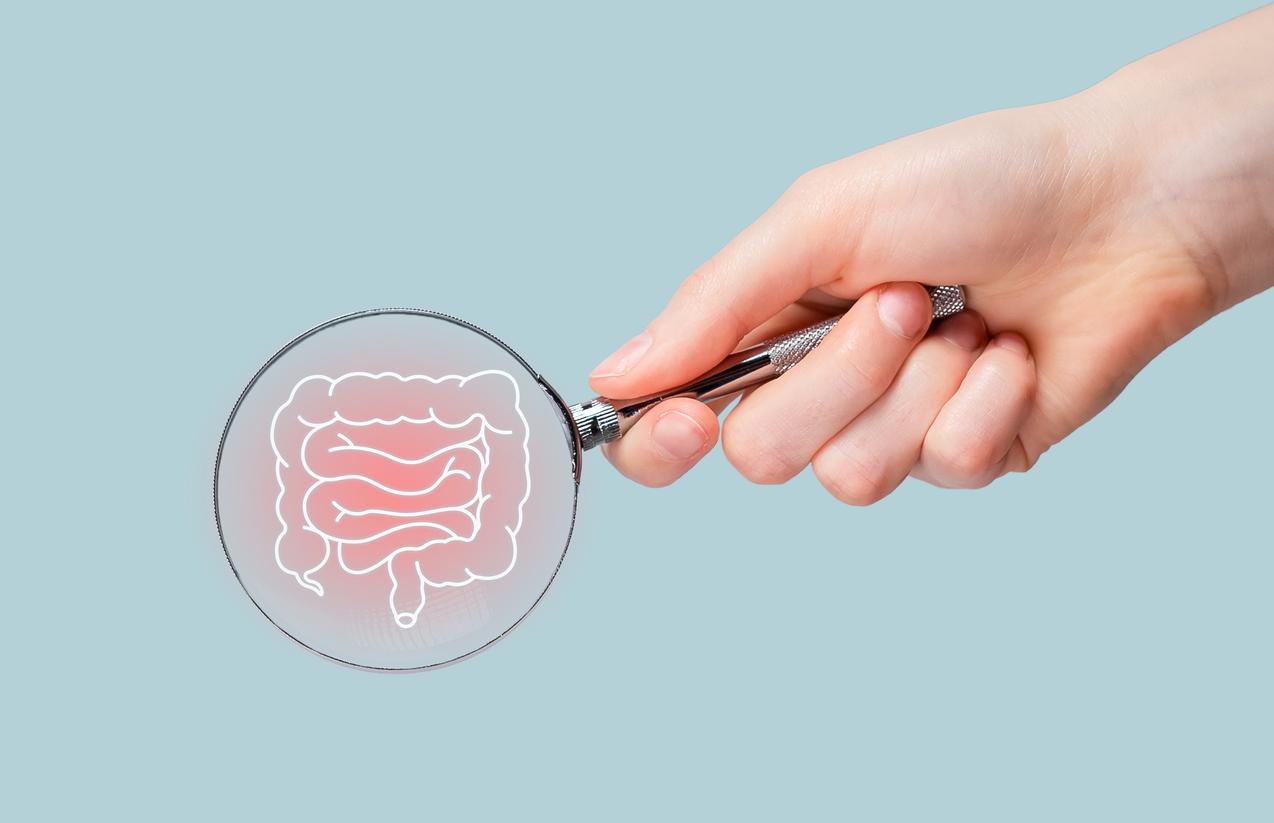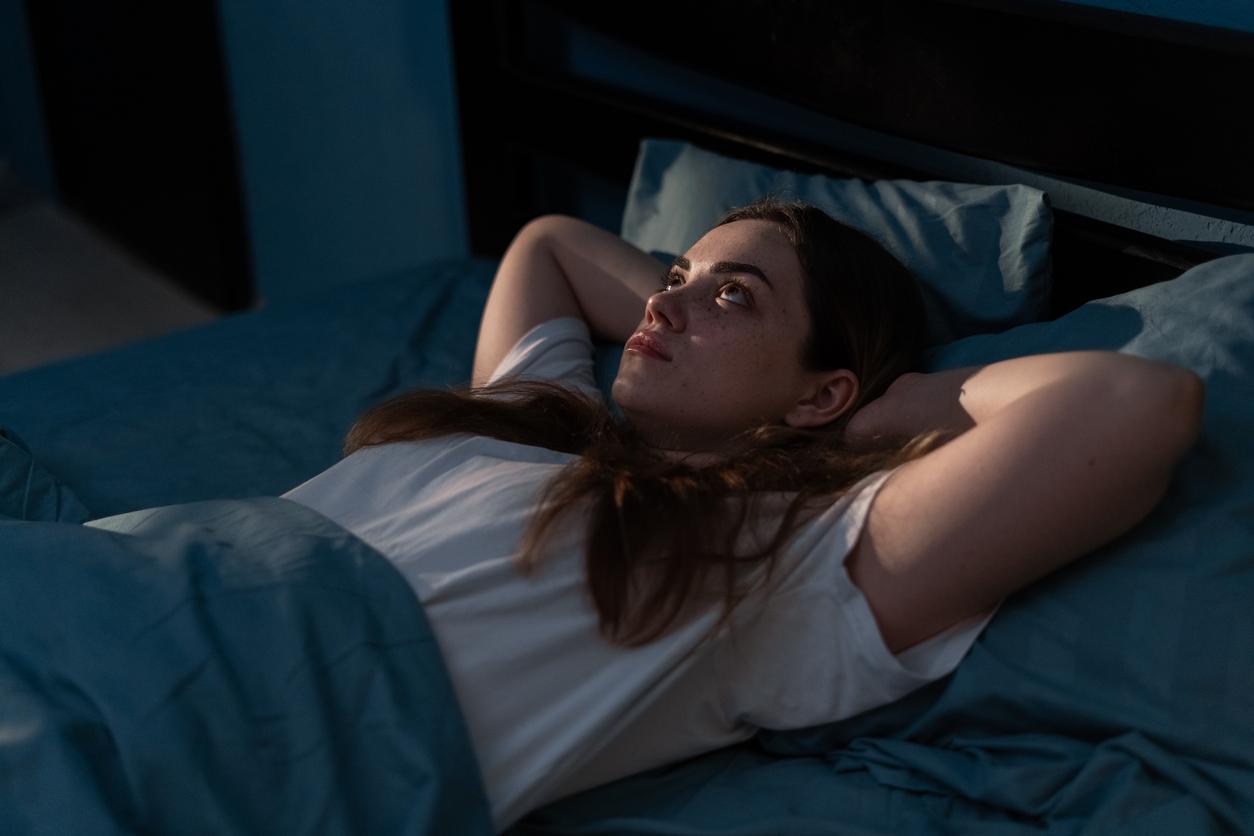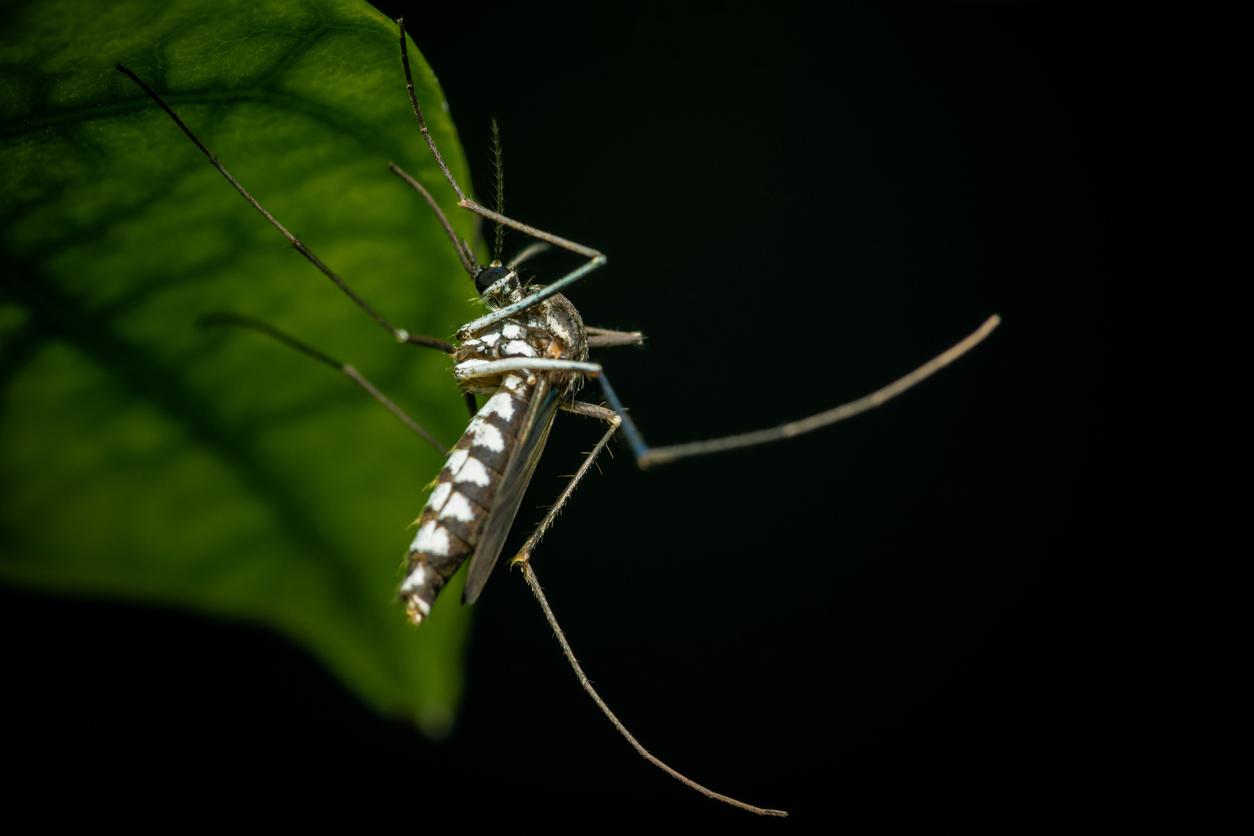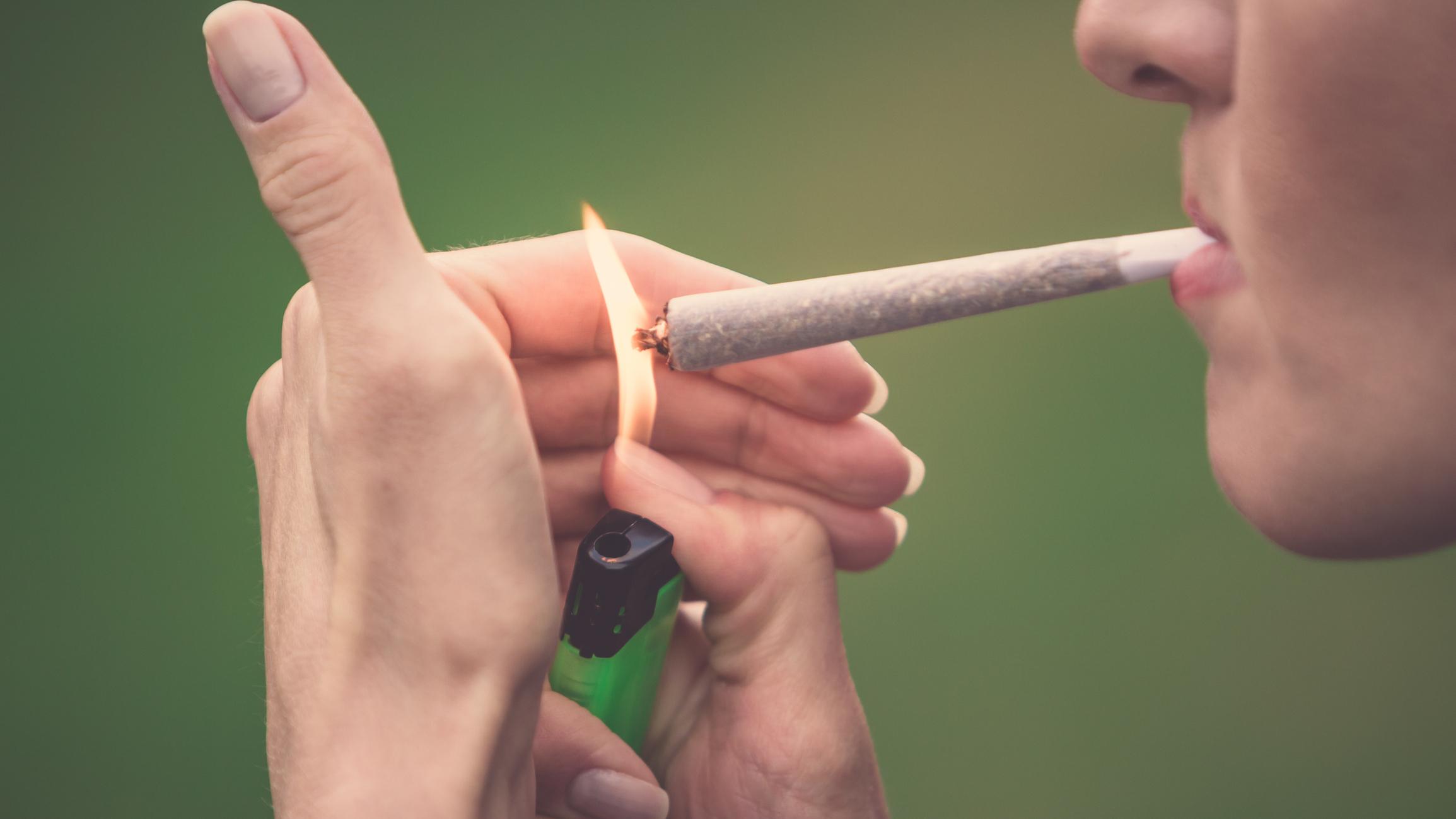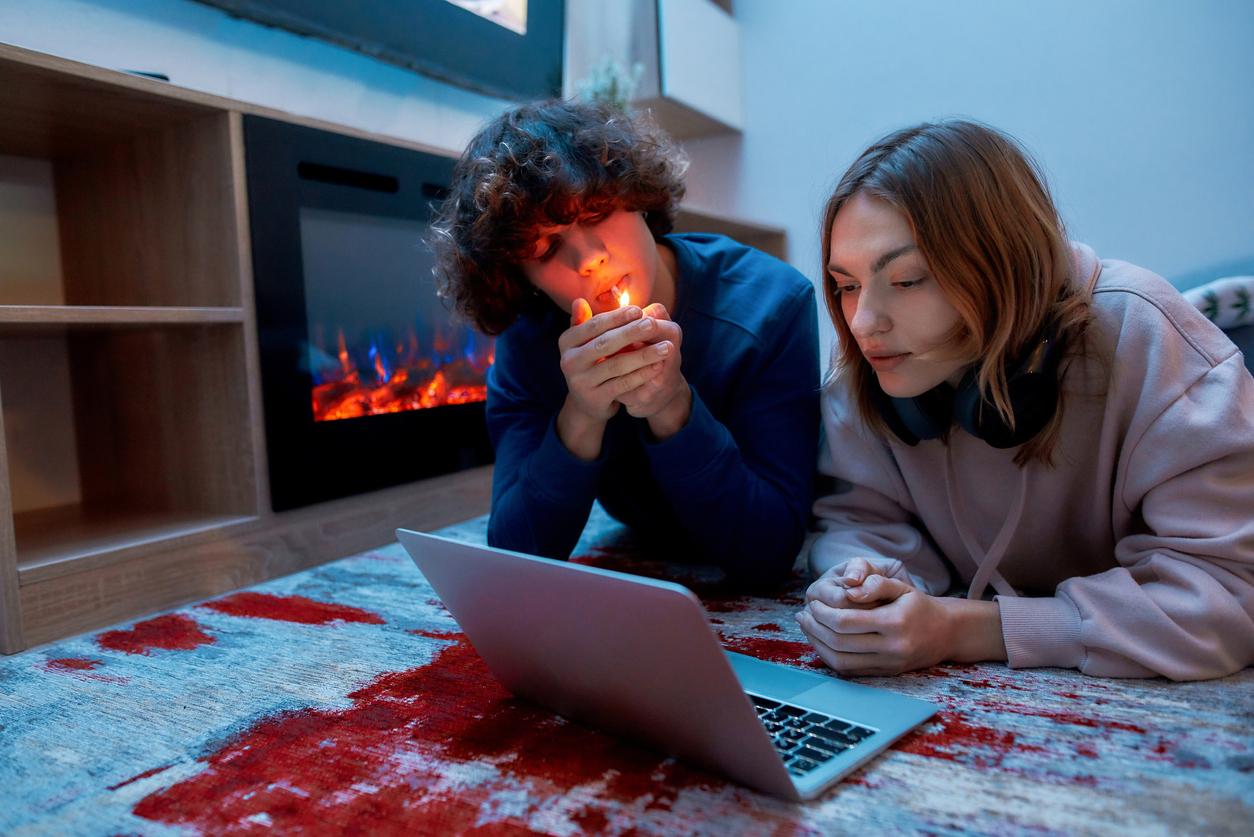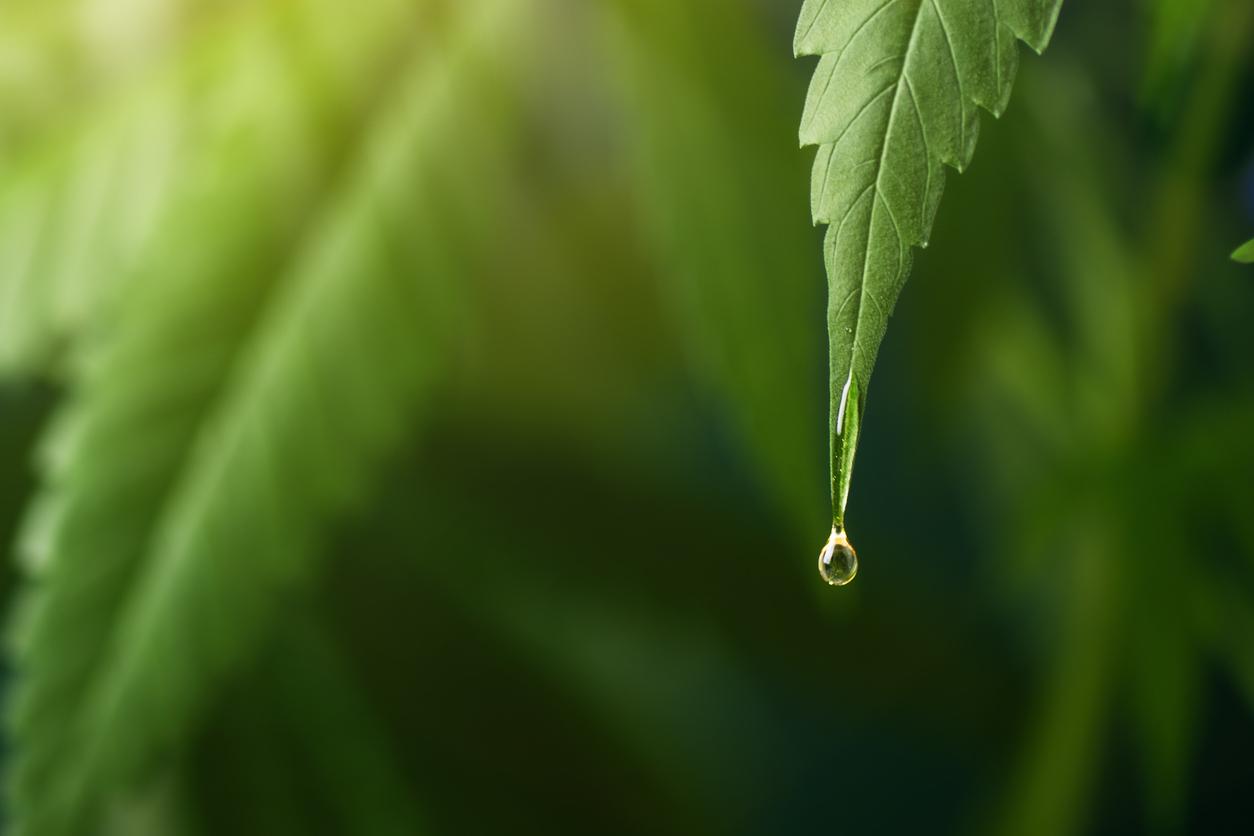Recent cannabis users are more likely to be affected by very short or very long sleep durations.

- Cannabis use has an influence on sleep duration. More than one in three consumers sleeps less than 6 hours per night and 56% have longer sleep cycles.
- Cannabis use is also linked to a deterioration in the quality of sleep, and the onset of disorders such as insomnia and drowsiness.
Cannabis is a false friend of sleep. Contrary to what one might think, this psychotropic does not help to fall into the arms of Morpheus and would even be linked, among its recent consumers, to extreme nighttime sleep durations.
This is shown by a new study published in the journal Regional Anesthesia & Pain Medicine. Focusing on a large representative sample of American adults, it indicates that cannabis alters the quality of sleep, by shortening or lengthening the cycles. This trend is even more pronounced among heavy cannabis users, that is, those who have used it for 20 of the previous 30 days.
A long-term study
To reach this conclusion, the researchers used data from a biannual survey covering the years 2005 to 2018 and involving 21,729 American adults aged 20 to 59. The objective was to find out if respondents reported having had difficulty falling asleep, staying asleep or having slept too much in the previous 2 weeks, if they had ever consulted a doctor for a sleep problem and if they had consistently experienced daytime sleepiness for at least 5 of the previous 30 days.
Survey respondents were categorized as recent or non-consumers of cannabis. They also indicated whether or not they had consumed it in the past 30 days, and whether they defined their sleep duration as short (less than 6 hours), optimal (6-9 hours) or long (more than 9 time). Other information on potentially influential factors was also collected, including age, hours of work, weight, alcohol, opioid or drug use, or history of hypertension, diabetes and coronary artery disease.
In the analyzed sample, the average duration of nocturnal sleep was just under 7 hours. 12% of participants reported sleeping less than 6 hours, while 4% reported sleeping more than 9 hours per night.
These data were cross-referenced with those of cannabis consumers: 3,132 people (14.5%) declared having consumed cannabis during the previous 30 days.
Exacerbation of sleep disturbances
The results show that recent users are the most likely to report not sleeping enough or sleeping too much.
They were 34% more likely to report short sleep and 56% more likely to report long sleep than those who had not used cannabis in the previous 30 days, after controlling for potentially influential factors.
They were also 31% more likely to suffer from difficulty falling asleep and 29% to suffer from drowsiness.
The sleep of heavy users was particularly disrupted: they were 64% more likely to experience short sleep and 76% more likely to experience long sleep, compared to non-users.
“Despite the current literature demonstrating mixed effects of cannabis and various cannabinoid formulations on sleep architecture and quality, these agents are increasingly being used as experimental, prescribed and non-prescribed therapies for sleep disorders”note the study authors, who want to better understand the sleep health of cannabis users.

.











